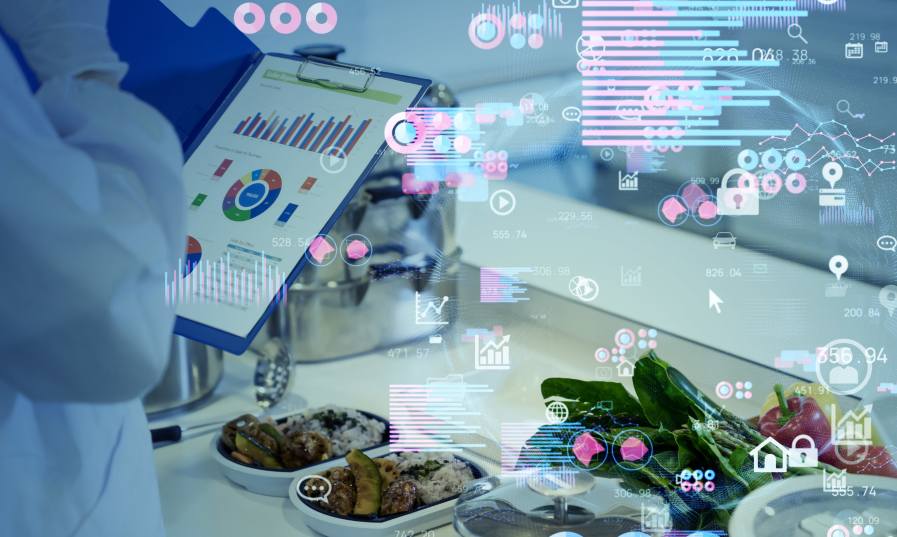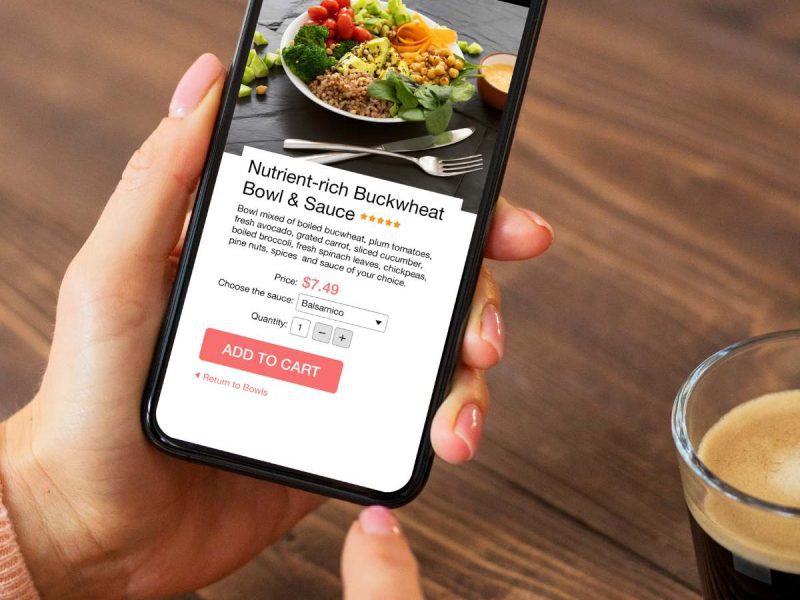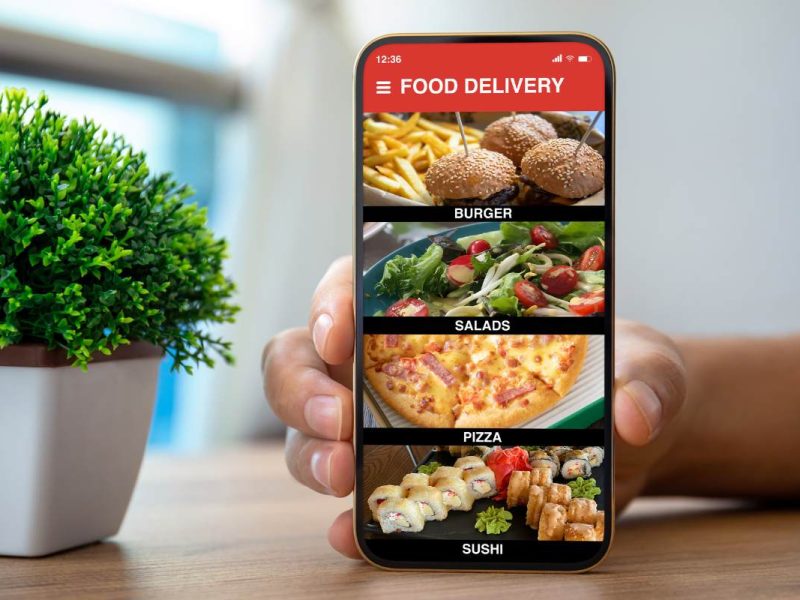
The Ghosts of the Food Industry
Hey foodies! Have you ever heard of virtual restaurant brands? They’re like the ghosts of the food industry, existing solely on delivery apps without any physical location. And guess what? They’re using data analytics to improve their business operations and make smarter decisions. By analyzing customer data like preferences, orders, and behavior, virtual restaurant brands can create customized menus and marketing strategies to cater to their customers’ needs and increase their profits. In this blog, we’ll dive into the world of virtual restaurant brands and explore how data analytics can help them thrive in the competitive food delivery market.
Catering to Customers' Preferences
Virtual restaurant brands can use data analytics to gain valuable insights into their customers’ preferences, order history, and behavior. By analyzing this data, they can personalize their offerings to better serve their customers and increase sales. For instance, if a virtual brand observes that a large number of customers are ordering vegan dishes, they may consider adding more vegan options to their menu. Similarly, if they notice that customers tend to order certain dishes during specific times of the day, they may adjust their menu offerings and pricing accordingly.
In this way, virtual restaurant brands can provide a more personalized and satisfying experience for their customers, leading to increased customer loyalty and revenue. Data analytics can also help virtual brands to identify popular menu items and track food trends, which can be used to inform future menu developments and marketing strategies.
Data Analytics for Marketing and Advertising Strategies
In addition to menu optimization, data analytics can also be used to enhance virtual restaurant brands’ marketing and advertising strategies. By analyzing customer data, virtual brands can understand their target audience and create more effective marketing campaigns. For instance, they can identify the channels that their customers use to order food and the times they are most likely to order. This information can help virtual brands create targeted marketing messages that are more likely to be seen and acted upon by their customers.
Data analytics can also help virtual restaurant brands understand the impact of their marketing campaigns. By tracking key performance indicators such as order volume and customer acquisition, virtual brands can measure the success of their marketing efforts and adjust their strategies accordingly.
Moreover, virtual brands can also use data analytics to identify and collaborate with influencers and other partners. By analyzing data on their customers’ social media activity, virtual brands can identify influencers who align with their brand and target audience. This can lead to more effective influencer collaborations and partnerships that drive increased brand awareness and customer engagement.
in the future, the most influential players in the food industry will no longer be defined by the size of their kitchens, but rather by the depth of their data insights.
Leveraging Social Media Data for Virtual Restaurant Brands
In addition to analyzing customer data from food delivery apps, virtual restaurant brands can also leverage social media data to gain insights into their customers’ preferences and behavior. By monitoring social media platforms like Instagram, Twitter, and Facebook, virtual brands can see what their customers are saying about their food, menu offerings, and overall experience. This can help them identify areas for improvement and adjust their operations accordingly. For example, if customers are consistently praising a particular dish or flavor, the virtual brand may choose to promote it more prominently on their menu.
On the other hand, if customers are expressing dissatisfaction with a particular aspect of the virtual brand’s operations, such as delivery times or packaging, the brand can work to address these issues and improve the customer experience. Social media data can also be used to inform marketing and advertising strategies, as virtual brands can target their ads to specific demographics or geographic locations based on social media activity.
Challenges in Leveraging Data Analytics for Virtual Restaurant Brands
While data analytics can provide valuable insights for virtual restaurant brands, there are also challenges that come with leveraging this technology. One of the main challenges is the quality of the data itself. Virtual brands may not have as much data as traditional brick-and-mortar restaurants, as they solely rely on data from food delivery apps. Additionally, the data may not always be accurate or complete, which can lead to incorrect analysis and decision-making.
Another challenge is the need for skilled data analysts who can interpret the data and make informed decisions based on the insights provided. Without the proper expertise, the data may not be used to its full potential, or worse, may lead to incorrect conclusions.
Finally, there is the issue of privacy concerns. With the increasing amount of data being collected on customers, virtual restaurant brands need to ensure that they are collecting and using this data in an ethical and responsible manner. Customers expect their personal information to be protected and not misused, so virtual brands need to be transparent about their data collection and usage policies.
data holds the transformative power to reshape the food industry, unlocking a new era of understanding consumer preferences, streamlining operations, and crafting unparalleled personalized experiences.
Wrapping Up
In conclusion, virtual restaurant brands are using data analytics to gain valuable insights into their customers’ preferences, behavior, and order history. By leveraging this information, they can create personalized menus, targeted marketing campaigns, and improve their overall operations. However, virtual brands also face challenges in using data analytics effectively, including the quality of data, the need for skilled analysts, and privacy concerns. Despite these challenges, data analytics continues to be a game-changer for virtual restaurant brands, helping them thrive in the competitive food delivery market. So the next time you order from a virtual brand, remember that there is more to it than just delicious food – there is a world of data analytics behind it all.
If you’re a restaurant owner looking to venture into the virtual brand space, our experienced team is here to assist you. Reach out and discover how data analytics can revolutionize your business. Let Millennial Foods guide you through the intricacies of leveraging data for personalized experiences, improved efficiency, and increased profitability. Join us on this journey, and together we can create a thriving virtual brand that delights customers and achieves remarkable success.







